December 2025
Precision proteomics with Illumina Protein Prep
Using highly specific SOMAmer® Reagents, Illumina Protein Prep can detect over 9500 proteins in a single sample, enabling precise, multiplexed proteomics for faster, more reliable discovery. Learn more from Fiona Kaper in this brief explainer video.
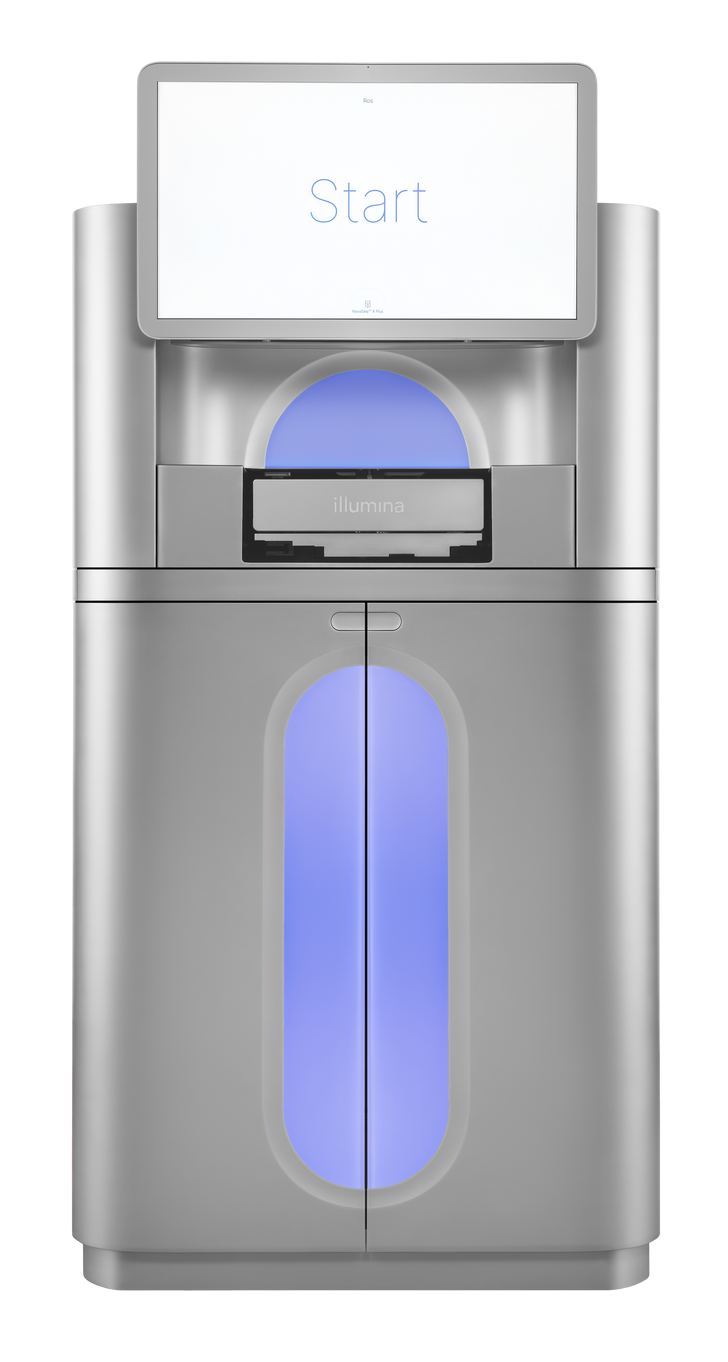


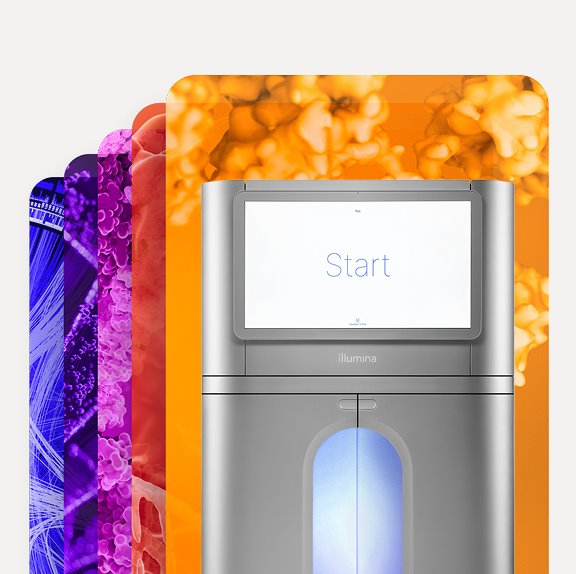
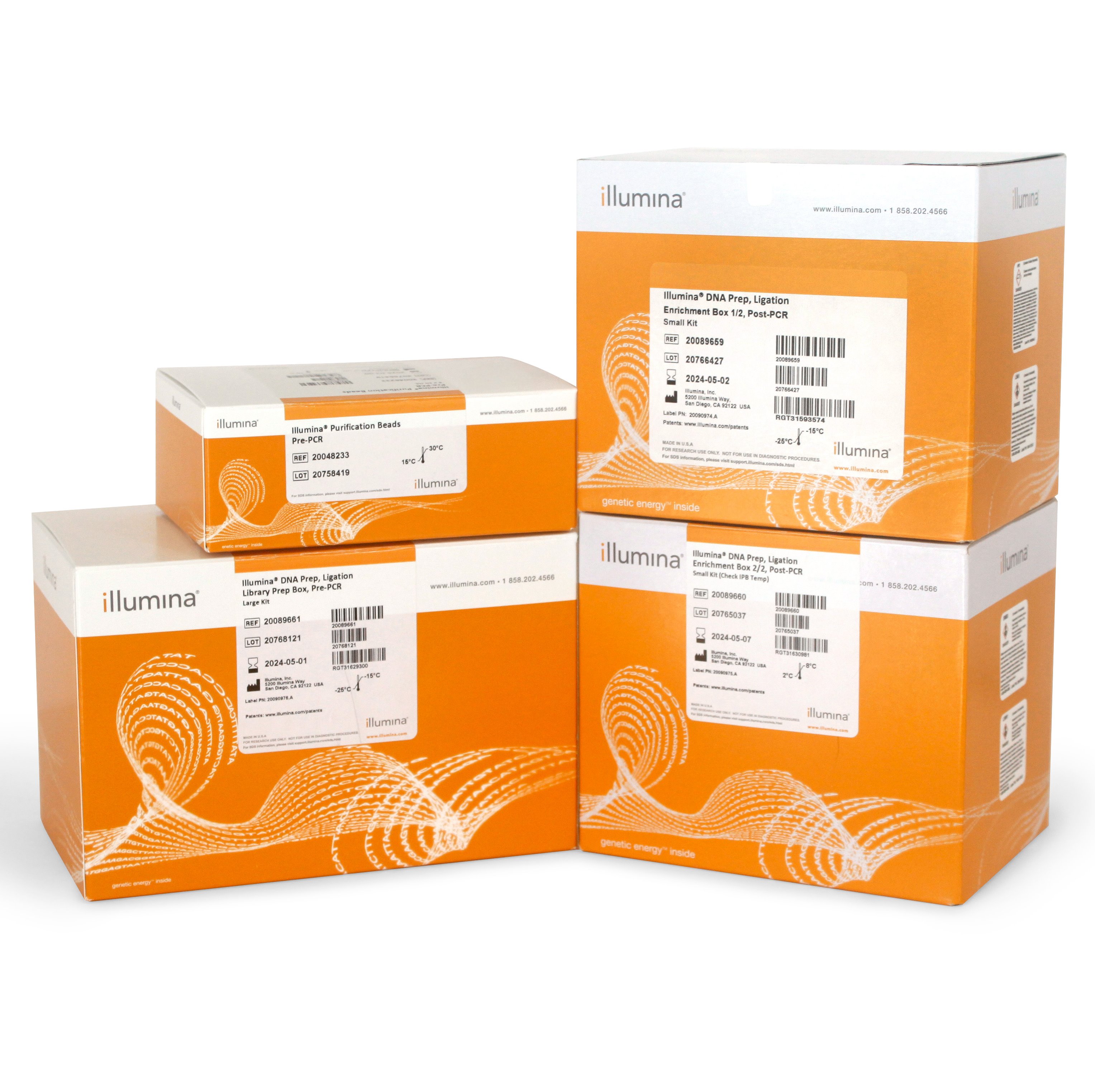

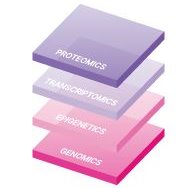
Did you know?
Eliminate the library preparation step in NGS workflow. How can this be possible?

Go big and go ome
Using Constellation mapped read technology (expected release H1-2026), it will be possible to load DNA directly on flow cell, eliminating library preparation. Read the Illumina press release to get more details on Constellation and Illumina announcements made recently at ASHG.
Can you name the Illumina informatics tools that supported the recent Nature publication analyzing UK Biobank data?
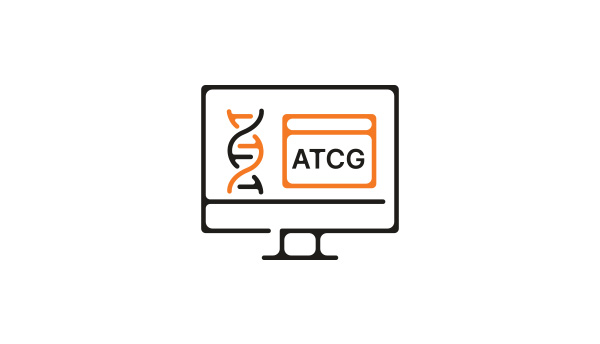
Whole-genome sequencing of 490,640 UK Biobank participants
Rami Mehio, head of Software and Informatics at Illumina, discusses DRAGEN technology and Illumina Connected Analytics used in the landmark population genomics study, recently published in Nature.
Innovations to enable multiomics
1
One assay. Dual insights. Illumina 5-base solution for methylation and variant detection
One assay. Dual insights. Illumina 5-base solution for methylation and variant detection
Discover a streamlined approach to DNA methylation and variant detection in one assay. Illumina’s innovative 5-base chemistry delivers high-accuracy genomic and epigenomic data without damaging DNA, enabling richer multiomic insights for disease research.
Microfluidics-free Single Cell RNA-Seq Workflow
No requirement for microfluidics! Discover how the Illumina 3' Single Cell RNA Prep workflow makes single-cell sequencing simple, affordable, and microfluidics-free. With proven performance across diverse cell types and reliable, high-quality data, it’s easier than ever to decode at single-cell resolution and power your next breakthrough.
Multiomics in action
Publication highlights from the research community
Proteomics
Multiomics
Genomics
Plasma proteomics links brain and immune system aging with healthspan and longevity
Using plasma proteomics and machine learning, researchers at Stanford University used 44,498 UK Biobank participants to estimate biological age for 11 organs. Accelerated brain aging predicted Alzheimer’s risk comparable to APOE4, while youthful brain and immune profiles strongly correlated with longevity. Multi-organ aging increased mortality risk eightfold, highlighting brain and immune systems impact on healthspan and longevity.
Learn more about Illumina Protein Prep

Proteomics
Mulitomics
Genomics
SLC7A11 protects amoeboid-disseminating cancer cells from oxidative stress
Published by a team of CRUK researchers, this study reveals that SLC7A11, a cystine/glutamate antiporter, is upregulated in amoeboid metastatic melanoma cells, one of the deadliest forms of cancer. Using single-cell RNA sequencing, researchers identified elevated SLC7A11 expression at invasive fronts and metastatic lesions. Functional assays show that inhibiting SLC7A11 disrupts redox balance, induces ferroptosis, and reduces metastatic potential, highlighting SLC7A11 as a future therapeutic target.
Learn more about Multiomics tools from Illumina

Proteomics
Mulitomics
Genomics
Genome-wide analysis of brain age identifies 59 associated loci and unveils relationships with mental and physical health
A team of German researchers used GWAS data to analyze brain age gaps in 56,000 individuals, identifying 59 genetic loci (39 novel) linked to accelerated brain aging. Key genes include MAPT and APOE, with pathways in neurogenesis and immune function. Elevated blood pressure and type 2 diabetes were causal risk factors.
Learn more about GWAS

Educational resources to learn more
Genome and methylome: single assay, multiomic readout
Genome and methylome: single assay, multiomic readout
Discover the value of studying the methylome and genome using Illumina 5-base solution, together, to unravel the mechanisms of cancer, neurodegenerative disorders, and other complex genetic diseases.